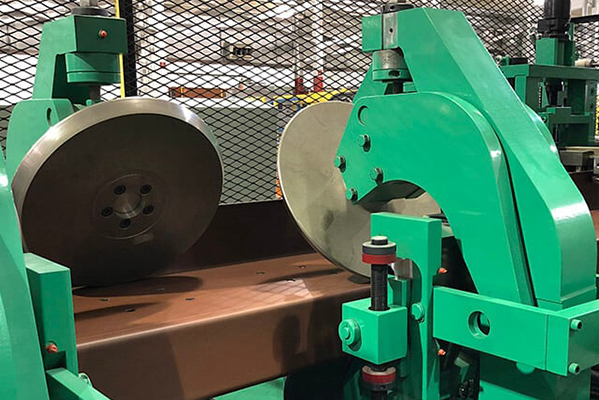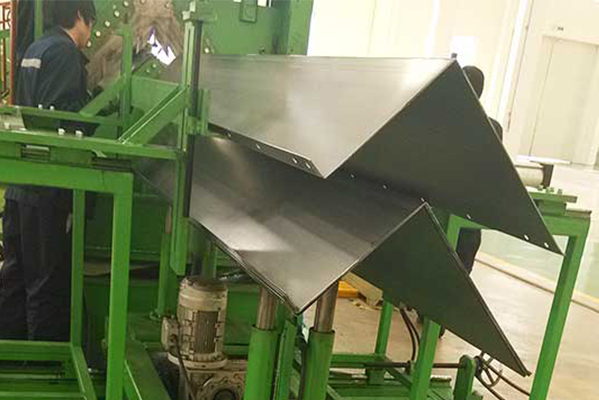Navigation Menu
Contact Us
- Email:
- info@wxavatar.com
- Address:
- Yurong Village, Yuqi Street, Huishan District, Wuxi, China.
Release Date:Jul 24, 2025 Visit:85 Source:Roll Forming Machine Factory
Roll forming machines are specialized equipment used to shape metal sheets or strips into desired profiles by passing them through a series of rollers. For DIY metalworking enthusiasts considering expanding their capabilities, understanding whether a roll forming machine makes financial and practical sense is important.

Advantages of Roll Forming Machines for DIY Use
Roll forming machines offer several benefits for home metalworkers:
Consistent Production: Once set up, these machines can produce long lengths of uniform metal profiles with minimal variation.
Material Efficiency: The process typically generates less waste compared to other metal forming methods.
Versatility: Many machines can be adjusted to create different profiles by changing the roller dies.
Lower Skill Requirement: After initial setup, operating a roll forming machine requires less specialized skill than some other metalworking techniques.
Considerations Before Investing
Before purchasing a roll forming machine for DIY purposes, several factors should be evaluated:
Space Requirements: These machines often need significant workshop space for both the equipment and material handling.
Initial Cost: Quality roll forming machines represent a substantial investment, even at smaller scales.
Material Limitations: Not all metals or thicknesses work well with every roll forming machine.
Maintenance Needs: Regular maintenance is required to keep the rollers and other components in good working condition.
Types of Roll Forming Machines for DIYers
Several options exist for home metalworkers:
Manual Machines: Lower cost but require more physical effort to operate.
Motorized Benchtop Units: Offer a balance between capability and space requirements.
Used Industrial Machines: Can sometimes be found at reasonable prices but may need refurbishment.
Practical Applications for DIY Projects
Roll forming machines can be useful for various home projects:
Creating custom trim pieces
Producing metal edging for construction projects
Making specialized channels or tracks
Forming unique decorative elements
Cost-Benefit Analysis
The financial justification depends on:
Project Frequency: How often you'll use the machine
Material Savings: Potential reduction in waste material costs
Time Savings: Compared to alternative forming methods
Alternative Options: Availability and cost of pre-formed materials
Learning Curve and Safety
Operating a roll forming machine safely requires:
Understanding proper material feeding techniques
Knowing how to adjust rollers correctly
Maintaining appropriate safety guards and equipment
Using proper personal protective equipment
Alternatives to Consider
Other options for DIY metal forming include:
Brake presses
English wheels
Hand-forming tools
Outsourcing specific forming needs

Conclusion
A roll forming machine can be a worthwhile investment for DIY metalworkers who frequently need consistent, long runs of specific metal profiles. The decision should be based on careful consideration of project needs, available space, budget, and expected usage frequency. For occasional users or those with limited space, alternative forming methods or purchasing pre-formed materials may prove more practical.